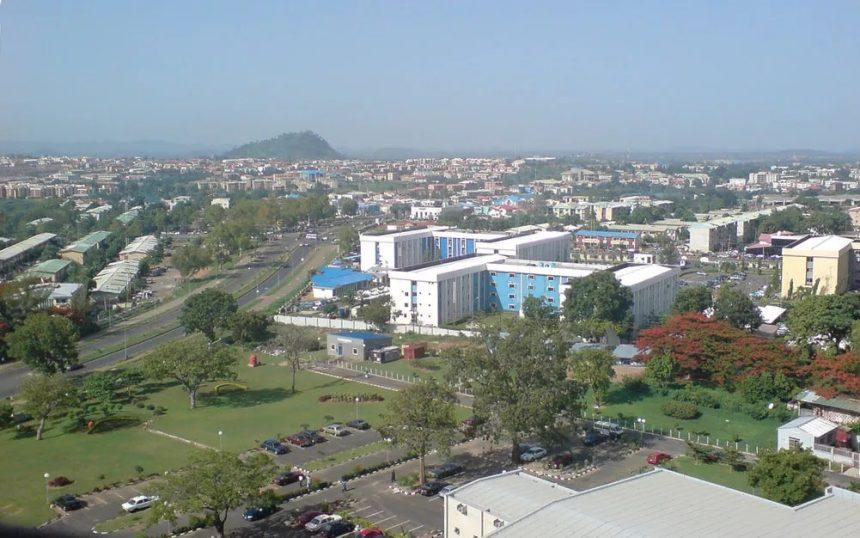The influx of government employees has led to urban sprawl, increased living costs, and strained infrastructure, reducing the overall quality of life.
To address these challenges, t
The Federal Capital Territory (FCT) of Nigeria, serving as the nation’s administrative hub, faces significant congestion issues due to the concentration of government ministries in the city center.
he federal government is considering decentralizing ministries to the six area councils of the FCT: Abaji, Bwari, Gwagwalada, Kuje, Kwali, and the Municipal Area Council. These councils, despite being part of the capital territory, are less developed compared to the bustling and overwhelmed city center.

Relocating ministries will enhance livability in the city center by reducing the daily influx of workers, easing traffic congestion, and reducing pressure on housing and public utilities. This will make the FCT more sustainable and resilient. Establishing government ministries in the area councils will stimulate economic growth in these areas by attracting businesses and providing employment opportunities.
READ ALSO: FCT Residents Appeal to Wike Over Developer Harassment and Land Grabbing
Decentralization promotes balanced regional development, ensuring that growth and prosperity are shared across the FCT, which can mitigate rural-urban migration and reduce regional disparities. Distributing ministries across the area councils makes government services more accessible to people living in these regions, improving citizen engagement and streamlining service delivery.
To effectively achieve this, the government should conduct thorough feasibility studies to identify suitable locations within each area council, considering factors such as accessibility, infrastructure, and potential for future growth. Phased relocation should be prioritized, starting with less critical ministries to minimize disruption, allowing time to develop the necessary infrastructure and adjust to new administrative dynamics. The government must continue to invest in infrastructure in the selected area councils, including transportation, housing, utilities, and communication networks, to support the relocated ministries and attract private-sector investment. Providing incentives for government workers to relocate to the area councils is essential, with offerings such as housing allowances, transport subsidies, and improved working conditions. Additionally, the government should encourage public-private partnerships to develop commercial and residential projects in the area councils, enhancing their appeal and livability.
By strategically decentralizing these ministries across the six area councils, the federal government can decongest the city center, stimulate regional development, and create a more balanced and inclusive urban environment. This approach promises a sustainable solution to the current challenges, ensuring a higher quality of life for all residents of the FCT.



